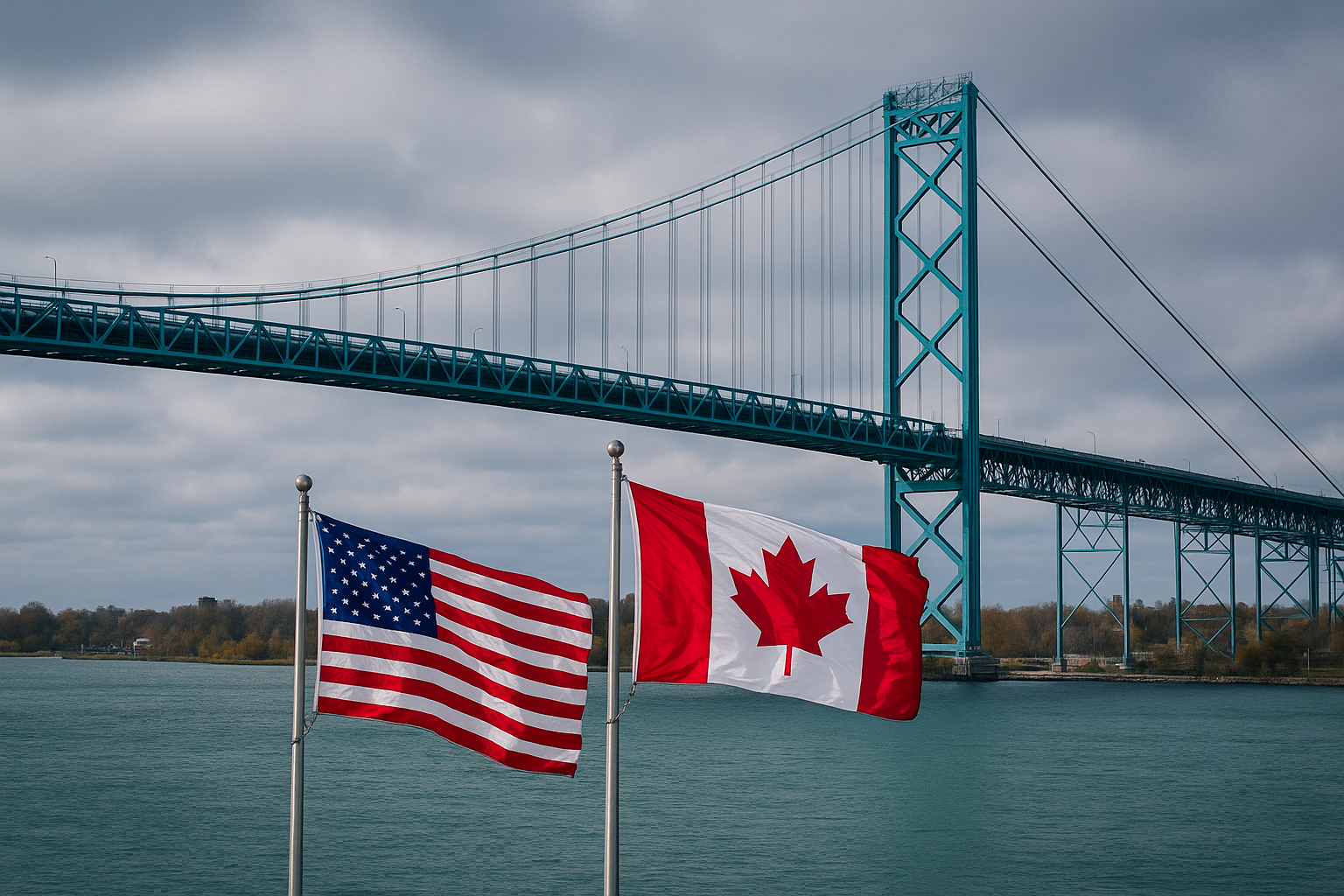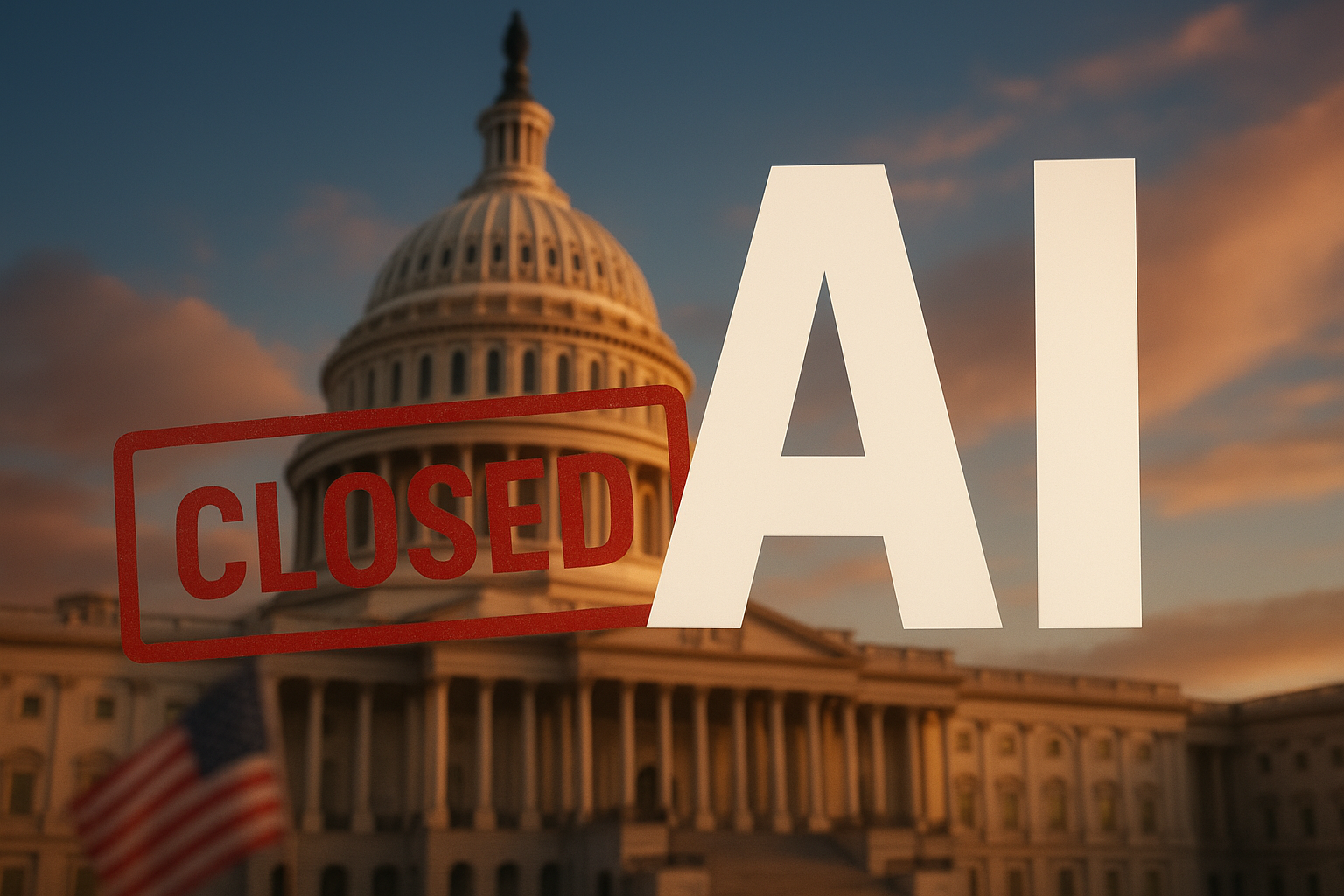Artificial intelligence (AI) has rapidly evolved from a speculative buzzword into a core driver of business transformation, investment flows, and geopolitical competition. Now, Canada finds itself at a pivotal moment. A new survey by KPMG Canada reveals that 92% of Canadian business leaders want the federal government to implement AI regulation quickly, while 94% insist the rules remain agile, simple, and aligned with global standards.
This push comes at a time when global capital is flowing aggressively into AI infrastructure and applications, with U.S. firms such as Nvidia and Microsoft dominating the spotlight. For investors, Canada’s next policy steps could reshape the country’s role in the global AI race—creating new risks, but also unlocking incentives and opportunities for forward-looking firms.
Why This Matters for Investors
Investor sentiment around AI has surged in 2025, driven by record-breaking valuations and multi-billion-dollar partnerships. Yet, regulatory uncertainty remains a critical overhang. Unlike the U.S., where AI policy is fragmented, and the EU, which has adopted a more stringent approach under its AI Act, Canada’s positioning could create a “middle path”—balancing innovation with guardrails.
According to the KPMG report, Canadian businesses aren’t asking for heavy-handed oversight. Instead, they want a framework that enables agility, compliance, and competitiveness in global markets. This suggests that Ottawa could lean toward sandbox-style regulatory pilots, targeted tax credits, and streamlined compliance guidelines, all of which lower the regulatory risk premium for AI-heavy firms.
For investors, this could translate into a more favorable environment for AI startups, cloud providers, and infrastructure players operating in Canada, compared to regions where rules may stifle early-stage adoption.
A Signal from Big Pharma: Merck’s $345M Bet on Canadian AI
Adding weight to this momentum, MSD (Merck & Co.) recently announced a $345 million partnership with Toronto-based AI startup Variational, focused on applying generative AI to drug discovery. The deal underscores a growing trend: global pharma leaders are aggressively embedding AI tools earlier in the R&D pipeline, seeking to shorten drug timelines and cut costs.
This development is not isolated. It reflects a broader AI-biotech convergence that has attracted significant investment in 2025, with McKinsey estimating that AI could add $100 billion annually to global pharmaceutical productivity by the early 2030s.
For investors, this is a strong signal: Canadian AI firms are not just regulatory subjects—they are emerging as critical innovation partners in high-margin industries like biotech and healthcare.
Future Trends to Watch
- Government Incentives and Equity Stakes: Following the U.S. government’s exploration of equity stakes in critical minerals companies, a similar approach in AI could further catalyze Canadian startups.
- AI Infrastructure Growth: Demand for GPUs and cloud capacity is expected to surge. Canadian firms aligning with U.S. and global supply chains may benefit from subsidy tailwinds.
- Cross-Sector Adoption: Healthcare, financial services, and natural resources are likely to be early adopters of Canadian AI applications, with strong export potential.
- Global Alignment Risks: If Canada’s policies diverge sharply from the U.S. or EU, Canadian firms may face duplicative compliance costs, weakening competitiveness.
Key Investment Insight
Investors should closely monitor Ottawa’s AI regulatory roadmap over the next six months. If the government adopts a flexible, incentive-driven framework, Canadian AI startups, biotech partnerships, and infrastructure firms could see accelerated capital inflows. Conversely, a slower rollout or fragmented alignment with global standards could temper enthusiasm.
For now, the Merck–Variational deal demonstrates that international players are already willing to commit serious capital to Canadian AI innovation, even before the rules are finalized. That’s a strong validation signal for early investors.
Canadian businesses are sending a clear message: they want AI regulation, but they want it done right. For investors, this moment represents both a risk checkpoint and an opportunity—where policy, innovation, and capital markets intersect.
Stay with MoneyNews.Today for daily investor intelligence on AI, technology, and the global financial landscape.





